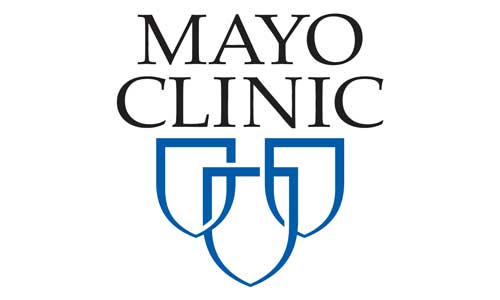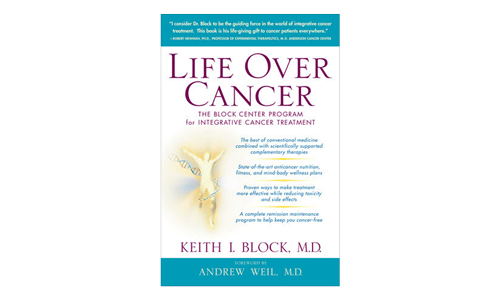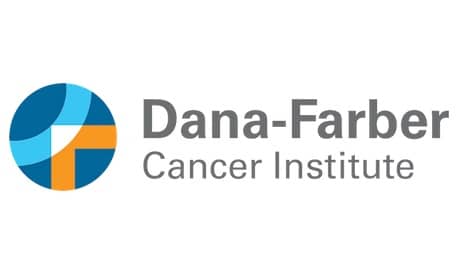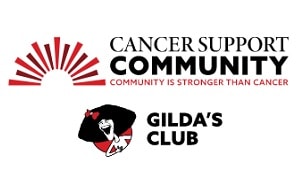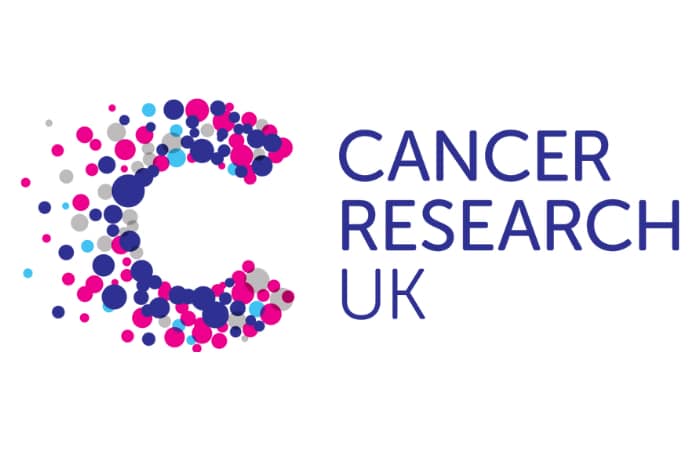Healthy body weight at a glance
Having a healthy body weight is linked to lower risk of many types of cancer—at least 13 cancer types have known links to obesity. Obesity is linked to other body terrainthe internal conditions of your body, including nutritional status, fitness, blood sugar balance, hormone balance, inflammation, and more factors that are known to support cancer development and growth, including high blood sugar and insulin resistance, hormone imbalances, immune function, inflammation, oxidative stress, and microbiome imbalances. A healthy body weight is linked to fewer or less severe symptoms and treatment side effects, and in some cases better survival after diagnosis.
Whether your goal is to lose weight or gain it, we offer strategies and resources that can help. These are based on keeping your focus on your health and wellness.
Top practices and therapies for managing your weight
Some self-care practices and complementary therapies can help you manage your body weight. These have the best evidence of effectiveness:
Complementary therapies
What’s a healthy body weight for you?
To measure whether or not body weight may be a concern for you, measuring your Body Mass Index can be a useful tool. Body mass index (BMI) compares your weight to your height; it is calculated as kilograms per meter squared (kg/m²). Most of the research we cite defines overweight as a BMI between 25 and 29.9, and obesity as a BMI of 30 or higher. Underweight is a BMI lower than 18.5. Like the researchers we cite, we realize that BMI is not a perfect measure of overweight or obesity, as it doesn’t differentiate between lean body mass and excess body fat. But a BMI between 18.5 and 24.9 is a good indicator of healthy body weight for most people.
What can contribute to gain or loss of body weight?
Medical conditions
Underlying medical conditions or imbalances may lead to an unhealthy body weight. Consider addressing these factors with a trained practitioner, such as an integrative or naturopathic physician. See Finding Integrative Oncologists and Other Professionals ›
- Excessive fat accumulation among people after developing insulin resistance (modest evidence)
- More weight loss among obese people who reduced high blood sugar levels (preliminary evidence)
- Many studies have found a link between low vitamin D levels and obesity. We don’t know whether low vitamin D leads to obesity or obesity leads to low vitamin D.
Hormone imbalances
Imbalances in your microbiome ›
- Moderately higher risk of obesity among people with sleep duration less than 6 hours (good evidence)
- Higher risk of obesity among people with sleep duration more than 7 hours (modest evidence)
Cancer treatments
In some cases, weight loss or gain may be a direct result of your cancer treatment. Consider speaking with your healthcare team about strategies to support you. Focusing on your health and wellness through the 7 Lifestyle Practices and addressing body terrainthe internal conditions of your body, including nutritional status, fitness, blood sugar balance, hormone balance, inflammation, and more factors may support your health and well-being even as you are experiencing weight loss or gain as a side effect of cancer treatment.
- Chemotherapy may cause problems with eating and digestion leading to unintended weight loss.1Nutrition in Cancer Care (PDQ®)–Health Professional Version. National Cancer Institute. September 20, 2024. Viewed November 11, 2024.
- Hormone therapy may lead to unintended weight gain.2Nutrition in Cancer Care (PDQ®)–Health Professional Version. National Cancer Institute. September 20, 2024. Viewed November 11, 2024.
- Steroids and cranial radiation are linked to obesity.3Esbenshade AJ, Simmons JH, Koyama T, Lindell RB, Friedman DL. Obesity and insulin resistance in pediatric acute lymphoblastic leukemia worsens during maintenance therapy. Pediatric Blood & Cancer. 2013 Aug;60(8):1287-91.
Other medications
Some prescription medications can lead to unintended weight gain. “Common drugs that cause unwanted pounds include corticosteroids, antidepressants, diabetes medications such as insulin or those containing sulfonylureas, some heartburn drugs, hormone therapy/contraceptives, and anti-seizure drugs such as Depakote®.”4Prescription Medications & Weight Gain. Obesity Action Coalition. Viewed January 19, 2023.
Weight gain is listed as a rare side effect of nonsteroidal anti-inflammatory drugs.5Ogbru A, Marks JW. COX-2 Inhibitor Medications. Rx List. Viewed February 8, 2021; Pantziarka P, Sukhatme V, Bouche G, Meheus L, Sukhatme VP. Repurposing Drugs in Oncology (ReDO)-diclofenac as an anti-cancer agent. Ecancermedicalscience. 2016;10:610.
Environmental exposures
Greater risk of obesity and larger waist circumference among people with the highest body levels of bisphenol A (BPA) (modest evidencesignificant effects in at least three small but well-designed randomized controlled trials (RCTs), or one or more well-designed, mid-sized clinical studies of reasonably good quality (RCTs or observational studies), or several small studies aggregated into a meta-analysis (this is the CancerChoices definition; other researchers and studies may define this differently))
Lower risk of overweight and obesity among people without cancer consuming organic foods more frequently (modest evidence)
Lack of social support
More abdominal fat among women with lower levels of perceived social support (preliminary evidencesignificant effects in small or poorly designed clinical studies OR conflicting results in adequate studies but a preponderance of evidence of an effect (this is the CancerChoices definition; other researchers and studies may define this differently))
Lifestyle
Making changes
We encourage you to keep your focus on your health and wellness, whether you’re trying to lose or gain weight. Our 7 Lifestyle Practices, including Eating Well and Moving More can support you in achieving a healthy weight as part of overall health..
If you would like support in practices to promote a healthy weight and overall health, see our recommendations for making changes in each of these handbooks:
Losing weight
Weight loss interventions from hospitals or other groups involving advice and support on eating and physical activity are often effective.7Shaikh H, Bradhurst P et al. Body weight management in overweight and obese breast cancer survivors. Cochrane Database of Systematic Reviews. 2020 Dec 11;12(12):CD012110. If you think this could help you, ask your doctor to refer you to a local or online program.
Helpful links for losing weight
Gaining or maintaining weight
If gaining weight or preventing weight loss is the issue you’re facing, you’ll find advice from these resources:
Resources specific to gaining or maintaining weight during or after cancer treatment:
Learn more
References


